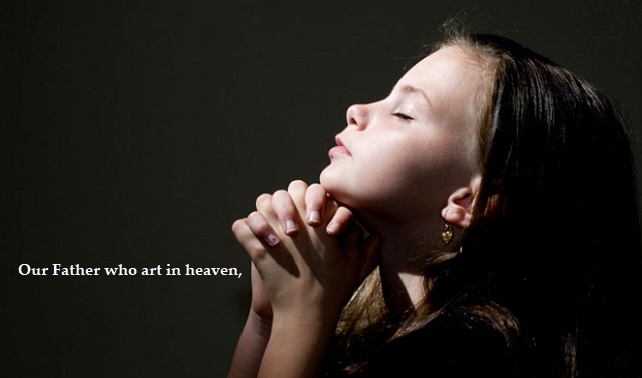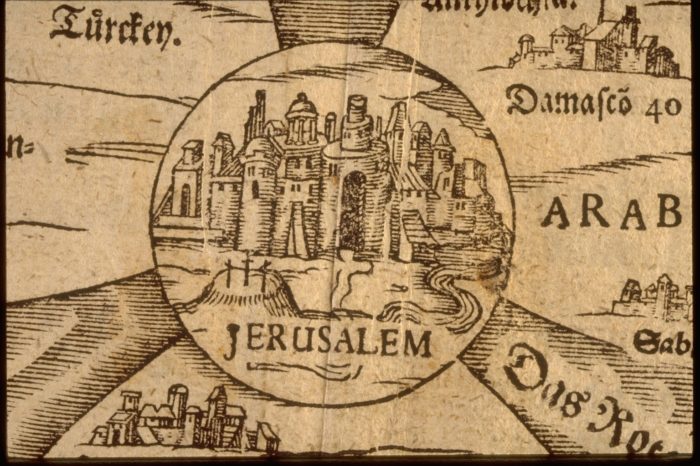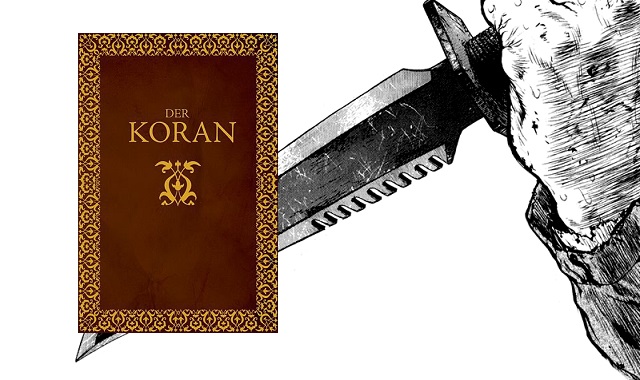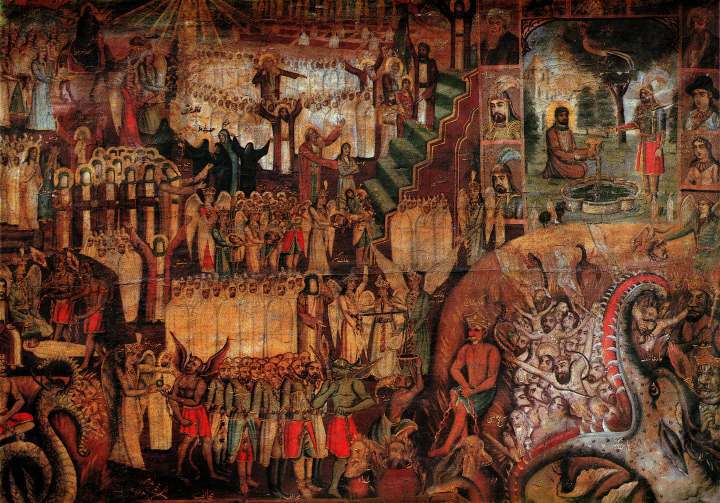A Christmas Reflection
At Midnight Mass all over the world, the words of the prophet Isaiah are proclaimed: “The people who walked in darkness have seen a great light.” (Is. 9:1) Ever since the summer solstice, we have been losing a little bit of light each day. The sun rises later in the morning and sets earlier in the evening. Some of us walk out the door in the morning into darkness and then return home in darkness. Our days are framed by darkness; there is always more of it in winter.
Our lives are also darkened, due to sin. With every lie, slander, false accusation, our lives are darkened a bit more. If we rationalize enough, we will no longer distinguish the light of grace from the darkness of our sins. Why is it that a great many of the sins we commit are sins of the tongue?
Speech is God’s way of drawing us into the folds of His love. In former times, the Letter to the Hebrews says, God spoke to us in partial and fragmentary ways. Now, in the Incarnation, the Lord has spoken to us through His Son. (cf. Heb. 1:1)
The Word became flesh and we saw His glory, the glory of the Father’s only Son, full of grace and truth. (Jn. 1:14) This is the way Saint John describes the birth of Christ. There is no stable, no manger, and no shepherds in the field. How do we know, then, if we are in the presence of something glorious? Well, if you have ever been to Rome, you know the glorious by the fountains, the obelisks, etc. It’s glorious that antiquity has been preserved and we can revel in it thousands of years later.
The glory of the Incarnation is revealed to us in the One Who speaks truthfully. Jesus speaks truthfully in His birth. But infants do not emerge from their mothers’ wombs speaking; they come out crying.
Near the end of His earthly ministry, Jesus stands accused before Pontius Pilate. He is accused of being a king. In His own defense, Jesus says, “You say I am a king. For this I was born and for this I came into the world, to testify to the truth.” (Jn. 18:37)
After hearing Jesus’ testimony, Pilate is satisfied. He orders that the inscription JESUS OF NAZARETH KING OF THE JEWS be placed on top of the Cross. (cf. Jn. 19:19) What we have is a King Who suffers and dies for the truth. More to the point, what we have is the embodiment of Truth suffering and dying. To the question then what good is truth if it results in suffering and death, we have this wonderful reply from Saint John Paul II in Veritatis Splendor:
[Christ’s] crucified flesh fully reveals the unbreakable bond between freedom and truth, just as his Resurrection from the dead is the supreme exaltation of the fruitfulness and saving power of a freedom lived out in truth. (87)
Among the first things babies are taught is how to speak. Initially, the words are badly formed, mispronounced, even unintelligible. After some practice, the words come more easily. Some of us actually become glib and clever phrasemakers – a kind of verbal gymnastics. We bend and shape our bodies in various ways; we do the same with our words. We stretch, pull, and manipulate them so that, often, their common meanings are no longer recognizable.
Jesus was born and came into the world to teach us how to speak truth. Not how to fast-talk our way out of trouble, not how to “spin” things. He doesn’t teach us to dodge and equivocate.
Jesus teaches us that we should let our Yes mean Yes, and No mean No. (cf. Mt. 5:37) This does not rule out speaking prudently, tactfully, or diplomatically. It does mean, however, that we call things by their right names.
The power to name was given to Adam before the Fall. (cf. Gn. 2:19) After the Fall, Jesus, the New Adam, restores our capacity to name things properly. Those who revel in the Messiah’s birth cannot fail a second time by accepting the myth that language never reveals things as they are.
Usually, adults teach babies how to talk. On Christmas, we permit a Baby to teach adults how to talk. He is the Babe of Bethlehem and upon his shoulder dominion rests. (cf. Is. 9:5)
In Greek mythology, Atlas is a god who supports the sky on his shoulders. Superhuman strength is needed to bear such a weight.
There is weighty responsibility when we open our mouths to speak. We decide if our words are going to reflect truth. Or if our words are going to mirror fashionable denials of what the natural law and revelation tell us are good for individuals and society.
Christmas can never be separated from a virgin who assented to God’s plan and brought forth for us the Christ Whose birth, life, death and Resurrection open up for us the prospect of eternal life. Christmas holds words and their meanings together so that we don’t divorce language from reality.
After proclaiming that He is the Bread come down from heaven, which causes some of the disciples to depart, Jesus asks the Twelve, “Do you also want to leave? (Jn 6: 67) Simon Peter speaks truth, “Master, to who shall we go? You have the words of eternal life.” (Jn 6: 68)
Jesus possesses the words of eternal life because He is the Word, the Word made flesh. (cf. Jn 1:14) The Holy Eucharist changes darkness into light for each of us; falsehood gives way to truth and our words go silent before the only Word that matters: The Word through Whom the universe was made, the Savior sent to redeem us.
Let us listen attentively to the Lord’s word and be ever more mindful of its power to make us children of God (cf. Jn 1:12) unto eternity.
![]()
Fr. Mark A. Pilon
Fr. Mark A. Pilon, a priest of the Diocese of Arlington, VA, received a Doctorate in Sacred Theology from Santa Croce University in Rome. He is a former Chair of Systematic Theology at Mount St. Mary’s Seminary, and a retired and visiting professor at the Notre Dame Graduate School of Christendom College. He writes regularly at littlemoretracts.wordpress.com.
EDITORS NOTE: The featured image is titled the Nativity by Antonio da Correggio, c. 1530 [Gemäldegalerie Alte Meister, Dresden] © 2017 The Catholic Thing. All rights reserved. For reprint rights, write to: info@frinstitute.org. The Catholic Thing is a forum for intelligent Catholic commentary. Opinions expressed by writers are solely their own.

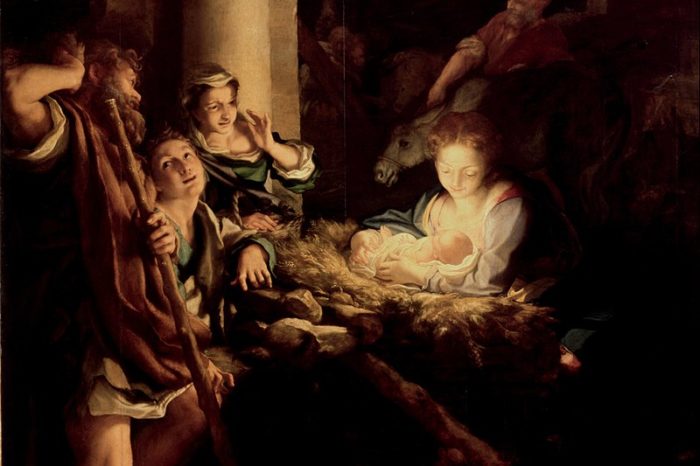

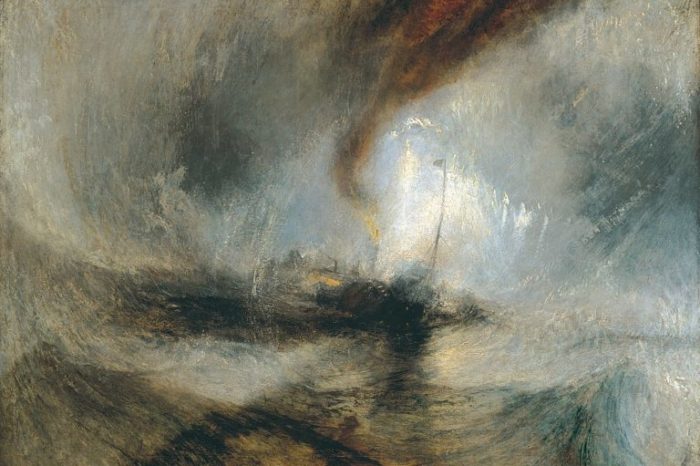
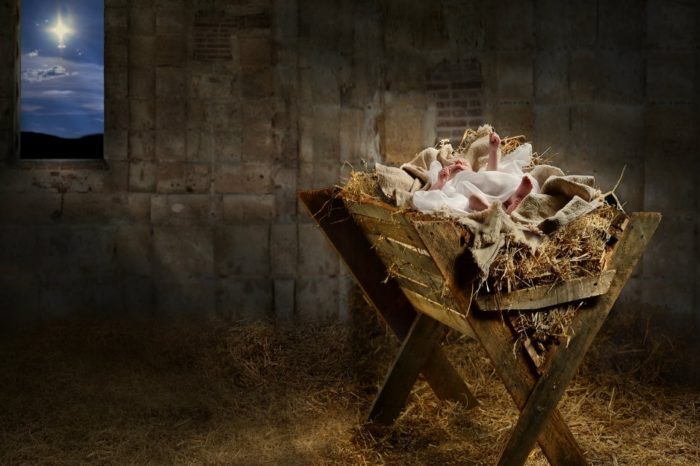
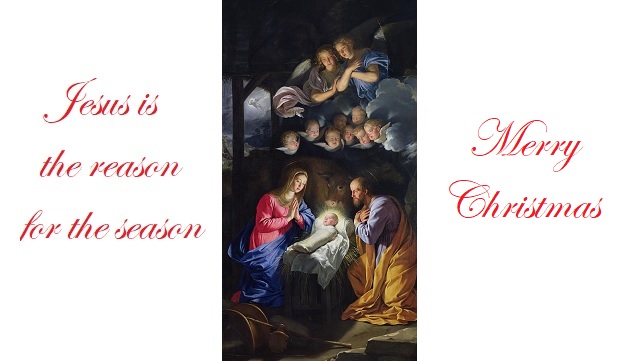

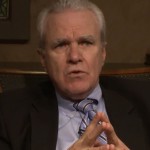 Rick Fitzgibbons, M.D. is a psychiatrist in Conshohocken, PA who has treated youth and adults with gender dysphoria, and written on the topic. He is the co-author of
Rick Fitzgibbons, M.D. is a psychiatrist in Conshohocken, PA who has treated youth and adults with gender dysphoria, and written on the topic. He is the co-author of 
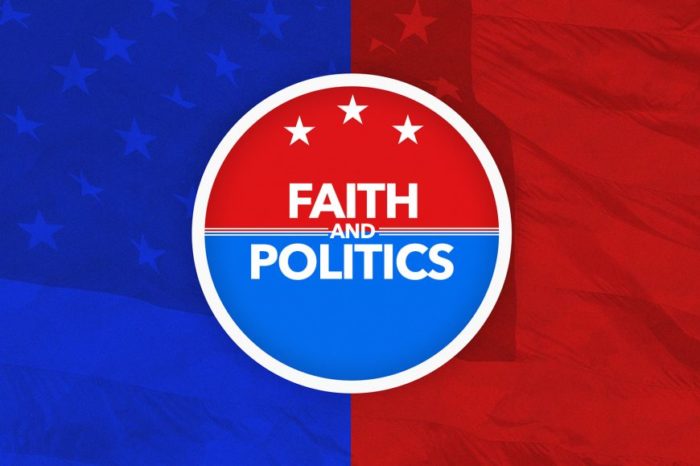
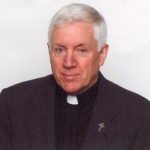 Deacon James H. Toner, Ph.D., is Professor Emeritus of Leadership and Ethics at the U.S. Air War College, and author of
Deacon James H. Toner, Ph.D., is Professor Emeritus of Leadership and Ethics at the U.S. Air War College, and author of 
